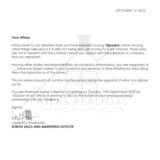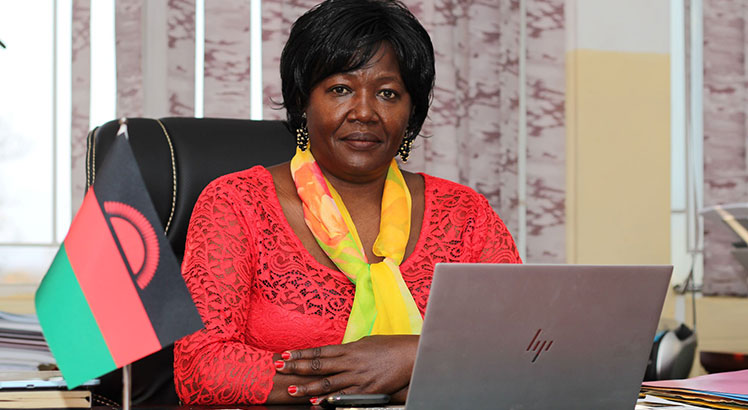In contrast to the common New Year observed on January 1 in most of the world, Ethiopians celebrate their new year on September 11 or 12 during a leap year.
The Ethiopian calendar has 13 months, 12 of which are 30 days long. In a regular year, the last month has 5 days; in a leap year, it has 6.
To put things in perspective, Ethiopia uses the Julian calendar, which was the forerunner to the Gregorian calendar used by the majority of nations today.
Due to different calculations used to determine the date of the announcement of Jesus’ birth, the Ethiopian calendar is seven to eight years behind the Gregorian calendar.
The birthdate of Jesus Christ serves as the starting point for calculations in both the Gregorian and Ethiopian calendars. The distinction is brought about by the use of alternative calculations to establish this date (birthdate).
Because they were not colonized when white settlers (missionaries) invaded Africa, Ethiopia operates in this unnatural time zone. The Gregorian calendar was introduced to the colonies at that time.
Gregorian calendar.
Pope Gregory XIII made some modifications to the Julian calendar that had been in use at the time and created the Gregorian calendar in 1582. It was given the Pope Gregory name.
Gregory XIII claimed that the calendar’s drift, brought on by the Julian algorithm, had jeopardized the celebration of Easter, a significant occasion for Christian churches.
The Gregorian calendar, which bears the name of the pope who first proposed it, had to be accepted by a number of nations that were ruled by the Catholic church.
Many nations at the time disagreed with the new system, which required them to alter their Julian calendars by 11 days.
Initially, the catholic nations of Europe and their overseas territories embraced the reform. The Protestant and Eastern Orthodox nations also switched to what they called the Improved calendar over the following three centuries, with Greece becoming the final European nation to do so in 1923 (for civil use only).
Coping with the modern-day calendar.
Ethiopians today continue to use the old calendar. The calendar difference, however, hardly ever causes travelers any problems.
The Gregorian calendar is generally known in Ethiopia, and some people even use both calendars interchangeably.
New year celebrations.
Ethiopians celebrate the new year mostly at home while indulging in regional cuisine. Typically, women are in charge of making the food and beverages, while men are in charge of getting the goats or sheep and giving the money for the holiday gifts.
The New Year’s Day lamb or goat is also supposed to be butchered by men who are the heads of households.
 Moni Malawi
Moni Malawi 

